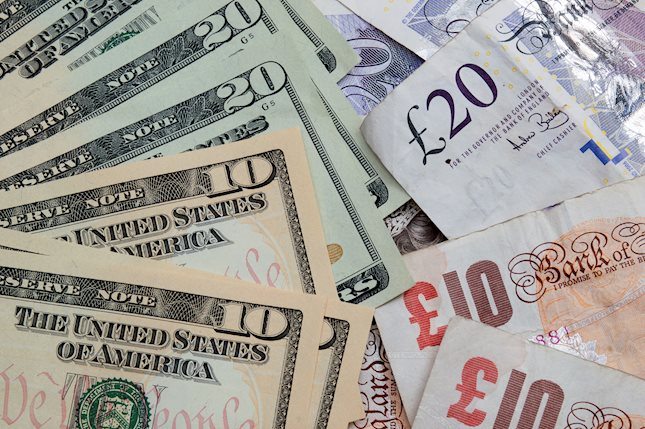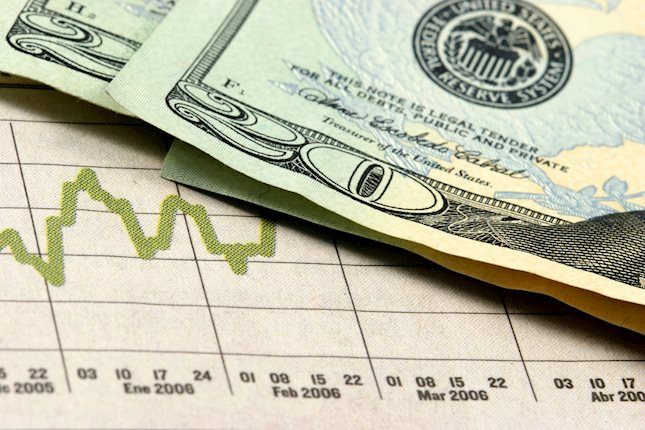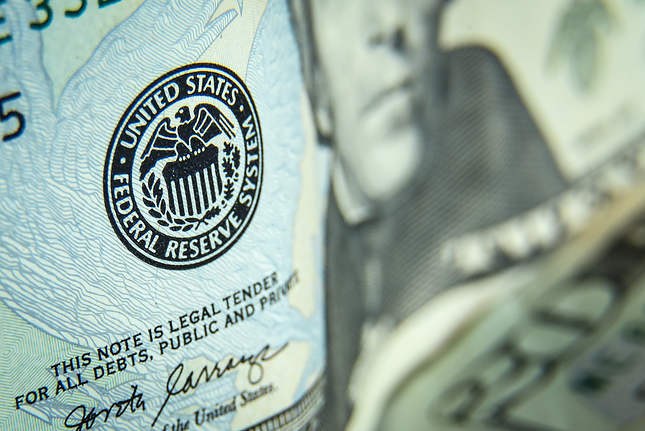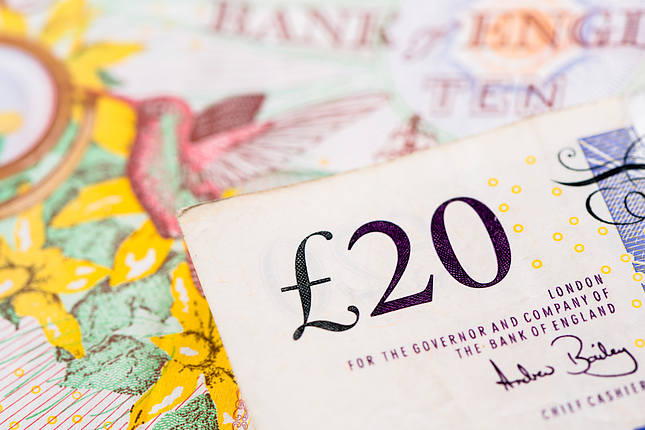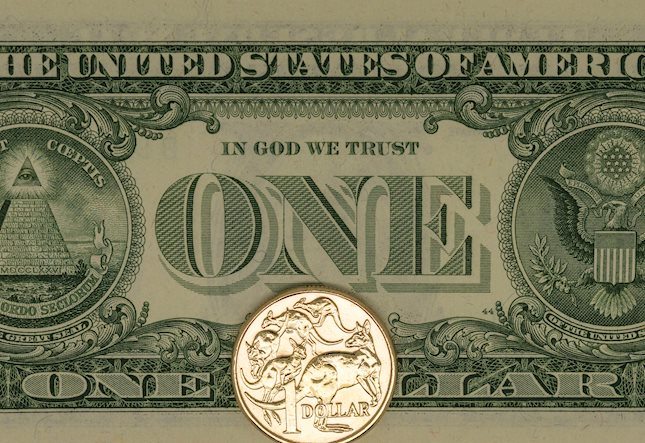EUR/USD struggles near 1.3060 area, just above two-year low ahead of US PCE data
- EUR/USD consolidates in a range just above a two-year low touched earlier this month.
- The ECB’s dovish outlook is seen undermining the shared currency amid a bullish USD.
- Traders await the US PCE data – the Fed’s preferred inflation gauge – for some impetus.
The EUR/USD pair continues with its struggle to attract any meaningful buyers and oscillates in a range around the 1.0360 area during the Asian session on Friday. Spot prices remain close to a near-one-month low touched on Thursday and seem poised to register its lowest weekly close since November 2022.
Moreover, the shared currency might continue with its relative underperformance on the back of the divergent European Central Bank (ECB) and the Federal Reserve (Fed) monetary policy outlook. In fact, the ECB cut interest rates for the fourth time this year last Thursday and left the door open to further easing in 2025. In contrast, the Fed signaled earlier this week that it would slow the pace of rate cuts in 2025. This, in turn, suggests that the path of least resistance for the EUR/USD pair is to the downside.
Meanwhile, the Fed's hawkish shift comes on top of persistent geopolitical risks and concerns about US President-elect Donald Trump's tariff plans. This, along with the threat of a US government shutdown ahead of the Friday night deadline, continues to weigh on investors' sentiment and assists the US Dollar (USD) to preserve the post-FOMC strong gains to a two-year high. This further validates the negative outlook for the EUR/USD pair and supports prospects for further losses.
The USD bulls, however, take a brief pause for a breather and now look to the US Personal Consumption Expenditure (PCE) Price Index, due for release later during the North American session. The Fed's preferred inflation gauge should provide a fresh impetus to the USD and the EUR/USD pair. Nevertheless, the aforementioned fundamental backdrop seems tilted firmly in favor of the USD bulls, suggesting that any immediate negative reaction to softer US data is more likely to be short-lived.
Economic Indicator
Personal Consumption Expenditures - Price Index (YoY)
The Personal Consumption Expenditures (PCE), released by the US Bureau of Economic Analysis on a monthly basis, measures the changes in the prices of goods and services purchased by consumers in the United States (US). The YoY reading compares prices in the reference month to a year earlier. Price changes may cause consumers to switch from buying one good to another and the PCE Deflator can account for such substitutions. This makes it the preferred measure of inflation for the Federal Reserve. Generally, a high reading is bullish for the US Dollar (USD), while a low reading is bearish.
Read more.Next release: Fri Dec 20, 2024 13:30
Frequency: Monthly
Consensus: 2.5%
Previous: 2.3%
Source: US Bureau of Economic Analysis
Forex News
Keep up with the financial markets, know what's happening and what is affecting the markets with our latest market updates. Analyze market movers, trends and build your trading strategies accordingly.





